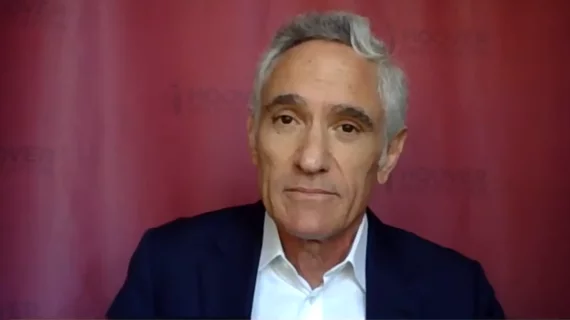Radiologist and White House advisor Scott Atlas threatens retaliation against critical former Stanford colleagues
Radiologist and White House COVID-19 advisor Scott Atlas, MD, is firing back at his former colleagues at Stanford Medicine days after they criticized his views around the pandemic.
Nearly 100 doctors, scientists and health policy experts at the California institution took Atlas to task for reportedly championing herd immunity and questioning the efficacy of masks—claims denied by the administration. The Fox News contributor’s attorneys countered on Wednesday, Sept. 16, asking the letter writers to retract their statement and contact every media outlet that covered the letter, asking them to issue retractions.
Absent such action by Friday, Sept. 18, Kasowitz Benson Torres LLP said it would “take all necessary and appropriate measures to enforce our client’s rights, seek compensatory and punitive damages for the harm you have caused and vindicate his reputation in court.”
“Dr. Atlas reserves all of his rights and waives none,” concluded attorney Marc Kasowitz, who served as outside counsel to the president during Russian election-interference hearings, according to Politico.
Stanford professor of microbiology and immunology Michael Fischbach shared the “love letter” from Atlas on Twitter the day he received it. He was one of 98 faculty members to endorse the original note and doubled down on his participation.
“We posted a public letter saying, basically: ‘Scott Atlas is giving the president bad advice. It will hurt people,’” Fischbach tweeted. “I stand by everything we said,” he added. “More facts, more science. Less Kasowitz.”

